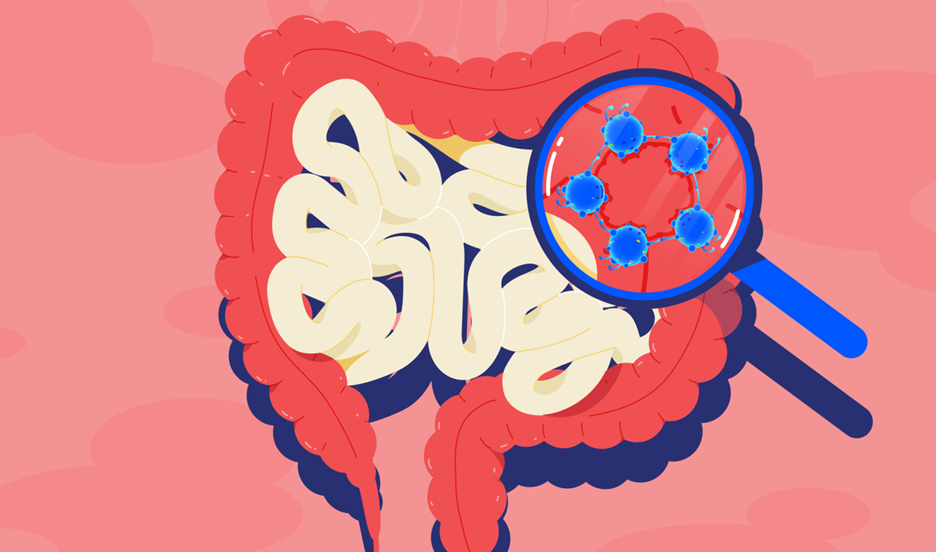What Should You Know About SIBO Testing

In 2020 and the years ahead, people will talk much more about medication and how to prevent certain diseases because we had a tough time with viruses. A good thing is that many will start to visit their doctor more often and do tests just to be sure that everything is fine. One of the tests can be SIBO or small intestinal bacterial overgrowth that is actually a much older condition than you may think.
The symptoms are very similar to candida so scientists were confused at the beginning and needed to find out what is the actual cause. Only in the past decade, it is becoming are topic of interest and research on the internet. It isn’t very easy to diagnose it yourself because the symptoms are very similar to many diseases so you should always visit a professional before making any decisions.
What Is It and How To Diagnose It?
The small intestine and the stomach are made to be almost free of microorganisms and with a very obvious reason, if they are present, they would make a scenario where they start using multiple nutrients before absorbing them. This ends up in the putrefaction of proteins and the fermentation of carbohydrates. This also produces digestive symptoms and a lot of gas similar to IBS or irritable bowel syndrome.
IBS is much more serious because it is associated with varying degrees of anxiety or depression, dyspeptic symptoms, hypersecretion of colonic mucus, altered bowel function and abdominal pain or distension. On the other hand, SIBO usually involves weight loss, skin issues like rashes or acne, fatigue and brain fogginess. So, it isn’t something you should worry about but it’s much better to know so Sibo Test is recommended.
Breath testing is the primary way they should diagnose it, but there are also other ways. The patient will need to take a dose of lactulose or glucose and every 20 minutes needs to breathe into a collection bag that measures methane and hydrogen. If the levels are high, there is a high chance you will be diagnosed with it. When methane is dominant, they will associate it with constipation and when hydrogen is dominant it’s associated with diarrhea.
What Causes It and How To Treat It?
You have a protective mechanism in your body for every part of it as for the intestine. There are factors that are made to stop any bacterial overgrowth like digestive enzymes but sometimes a person will lack these enzymes or other digestive secretions which increases the risk of candida or bacterial overgrowth or any infection. The Ileocecal valve is one of the key barriers that are meant to prevent too many bacteria to enter the small intestine.
There is medication to treat it more efficiently but most recommended is a carbohydrate diet combined with other methods to deal with the problem. As the primary dietary adjunct low FODMAP diet emerged which involves sugars and short-chain carbohydrates. Most grains, fruits and vegetables contain FODMAP so it’s quite non-sustainable and limiting. A great option nowadays is digestive enzyme supplements that are made to absorb numerous sugars and oligosaccharides.
Antibiotics are also one of the primary ways when dealing with SIBO but it can cause additional problems if you further disturb the microbiome. When you treat it naturally, you are focusing on returning to normal functions of the protective barriers. Your doctor should provide more information when it comes to your body because every person reacts differently. Find more information here: https://www.wikihow.com/Treat-Sibo

Risk Factors for SIBO
As mentioned before, it is usually associated with IBS or irritable bowel syndrome which occurs in older adults and women. Some of the risk factors that it is associated with include low gastric acid which is crucial for breaking down foods and stopping bacteria to enter the intestines, people that use pump inhibitors can be the targets because they usually have a decrease in stomach acid and those who have weak immune systems because you can’t fight any infections without it.
Coeliac or Crohn’s disease can increase the risk of developing SIBO so these people should take preventive measures. The list is larger but prevention is much easier when you have the right diet and a good immune system. Training is also an important part of the prevention but also losing strength quickly can be the cause.
Does the Diet Work?
Diet isn’t the only thing that will be prescribed by your doctor, antibiotics are the main ways to treat it but it helps speed up the process. The goal is to reduce bacterial overgrowth in the small intestine and inflammation in the digestive tract. If you are a younger person with a stronger immune system, eliminating sugars can be a huge difference. Read more here.
It’s important to mention that a low FODMAP diet is approved to treat IBS and the symptoms that come with it so it can be implemented for other health issues. You should look to eliminate fructose or simple sugars that are mostly found in fruits, honey and some vegetables, lactose which is found in dairy products, fructans, polyols and galactans. The list of foods that you should eliminate is long but some of them include, dried fruits, beans, artichokes, asparagus, onions, garlic, honey, soda and soft drinks, ice cream, high-fructose corn syrup which is in many products so remember to read the label.
More importantly, you should know what you can eat and those are low in sugar and high in fiber. Those that contain FODMAPs should be limited but still, there are many options you can go with including meat fish and eggs as primary choices. Other foods you can get include, seeds, olives, peanuts, broccoli, carrots, oatmeal, spaghetti and some fruits like strawberries, oranges, grapes and blueberries. You can find mobile applications that can help you out in choosing the right meal.
Another thing to mention is that drinking more water than usual can help in reducing pain and ease digestion. Always consult with your doctor about the foods you want to implement in your diet because they might affect other issues if you have them. Nutritionists can also help you if you want to spend a bit more.




